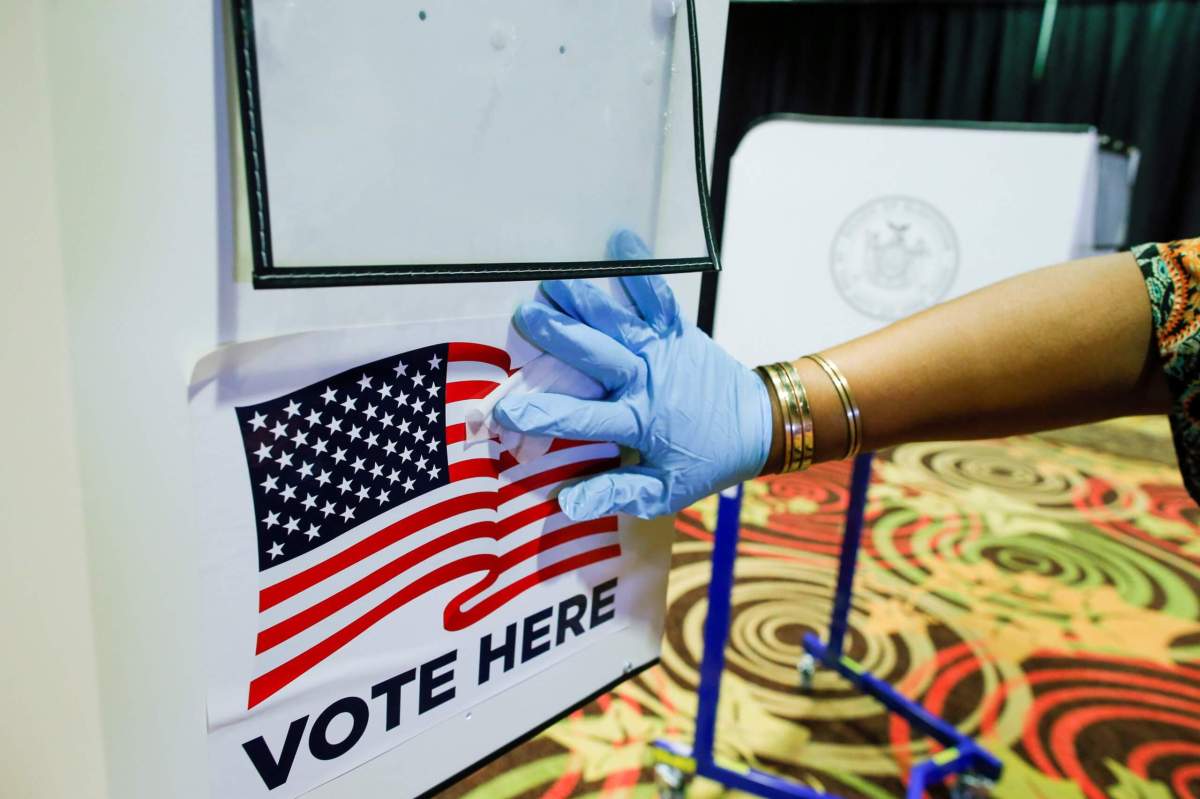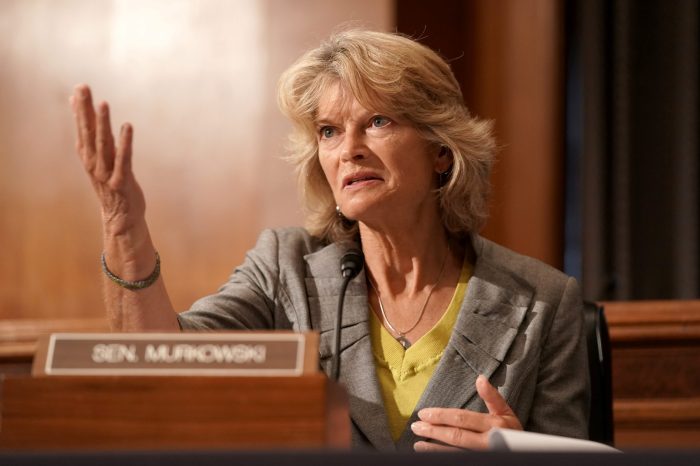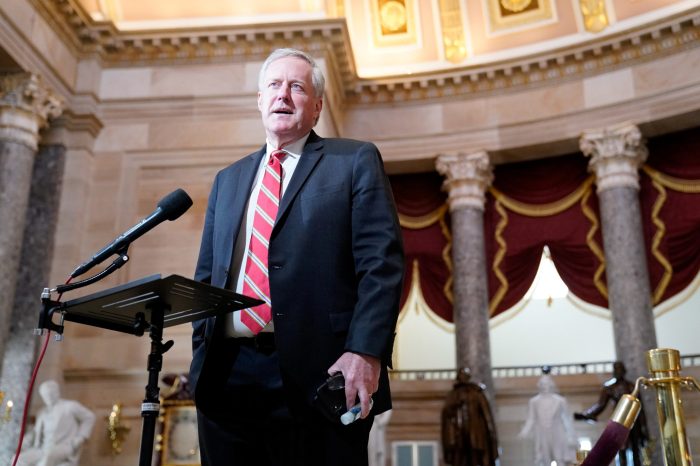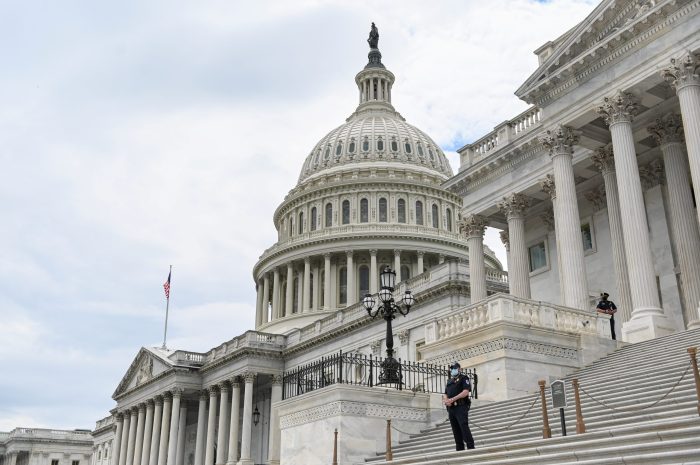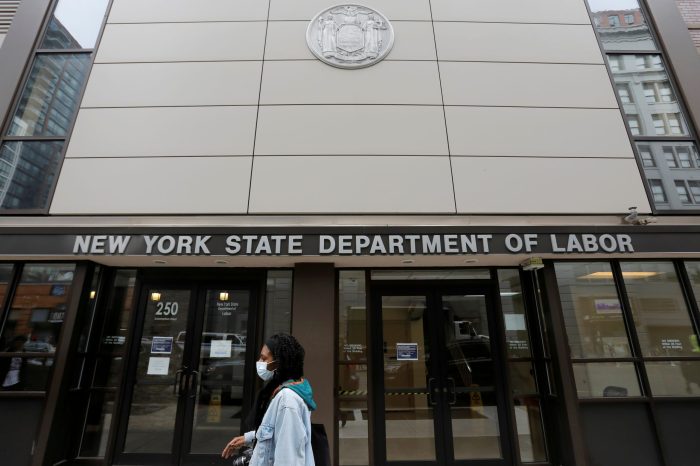As Republican-controlled state legislatures pass a wave of laws that civil rights advocates say will restrict access to voting for Blacks and Hispanics, congressional Democrats have made passing a federal elections reform law a top priority.
But they have a hard road ahead – top Republicans are dead set against the move and not even all Democrats are in agreement. Moderate Democratic Senator Joe Manchin introduced a proposal this week as an alternative to the sweeping “For the People Act.”
Details of the two approaches:
SIMILARITIES:
VOTER REGISTRATION
Both plans require states to promote access to voter registration and voting for people with disabilities.
FALSE INFORMATION
Both proposals bar the providing of false information about elections to hinder voting and raise the penalties for voter intimidation.
POLLING PLACES
Both plans require states to notify people no later than seven days before an election if their polling places have changed and allow provisional ballots to count for eligible voters regardless of precinct.
CAMPAIGN FINANCE
Both include the Honest Ads Act and DISCLOSE Act, which contain measures such as requiring super PACs – political action committees – and other organizations that spend money in elections and judicial nominations to disclose donors who disclose more than $10,000 and direct online platforms to implement actions to prevent foreign nationals from directly or indirectly purchasing political ads.
EXECUTIVE BRANCH
Both plans require the president and vice president to disclose their individual tax returns and certain business tax returns. They also both mandate the president and vice president to divest financial interests that pose a conflict of interest or disclose information about their business interests within 30 days of taking office.
EARLY VOTING
Both Manchin and the Senate bill require 15 consecutive days for early voting. Manchin’s framework mandates that the early voting period includes two weekends.
CYBERSECURITY
Both plans establish standards for election vendors to address cybersecurity concerns.
OVERLAP:
REGISTRATION
Both plans require automatic voter registration, with Manchin’s proposal requiring it to be done through the Department of Motor Vehicles, with the option to opt out.
GERRYMANDERING
The Senate bill requires states to set up an independent commission to handle congressional redistricting. Manchin’s proposal bans partisan gerrymandering and calls for the use of computer models.
DIFFERENCES:
ELECTION DAY
Manchin’s proposals include making Election Day a federal holiday, which is not included in the Senate version of the bill.
VOTER IDENTIFICATION
The Senate bill bars states from requiring applicants to provide more than the last four digits of their Social Security numbers and allows voters to show sworn affidavits instead of presenting photo identification.
Manchin’s proposal requires voter identification but allows some alternatives, like the use of a utility bill, to prove a voter’s eligibility to cast a ballot.
VOTING BY MAIL
The Senate bill prohibits states from imposing restrictions on an individual’s ability to vote by mail. Manchin’s proposal would require states to send absentee mail ballots “due to eligible circumstance.” It does not elaborate on what such circumstances would be.



